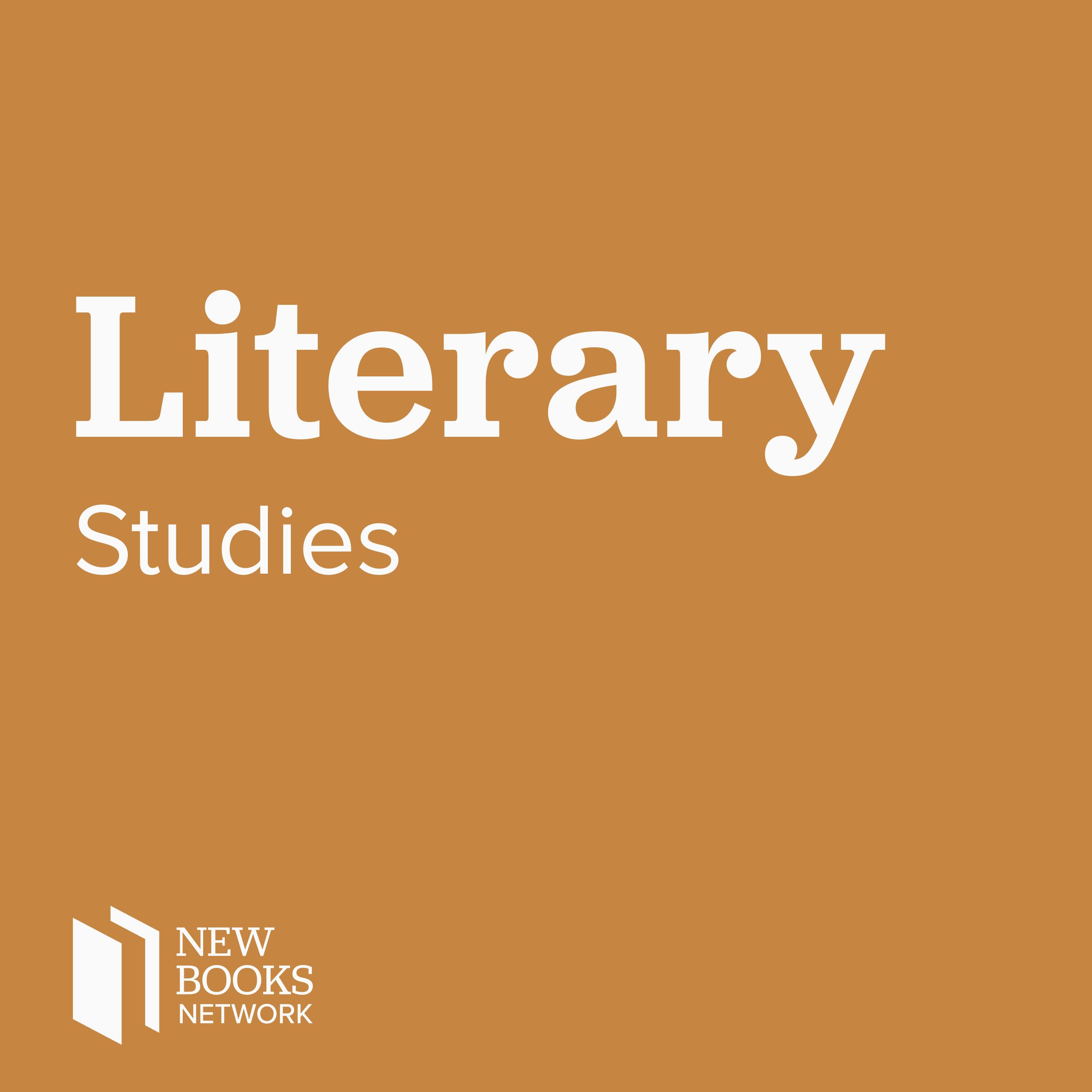
Marilyn Migiel, "Veronica Franco in Dialogue" (U Toronto Press, 2022)

New Books in Literary Studies
Shownotes Transcript
Since the late twentieth century, the Venetian courtesan Veronica Franco has been viewed as a triumphant proto-feminist icon: a woman who celebrated her sexuality, an outspoken champion of women and their worth, and an important intellectual and cultural presence in sixteenth-century Venice.
In Veronica Franco in Dialogue)* *(U Toronto Press, 2022), Marilyn Migiel provides a nuanced account of Franco’s rhetorical strategies through a close analysis of her literary work. Focusing on the first fourteen poems in the Terze rime, a collection of Franco’s poems published in 1575, Migiel looks specifically at back-and-forth exchanges between Franco and an unknown male author. Migiel argues that in order to better understand what Franco is doing in the poetic collection, it is essential to understand how she constructs her identity as author, lover, and sex worker in relation to this unknown male author.
Veronica Franco in Dialogue accounts for the moments of ambivalence, uncertainty, and indirectness in Franco’s poetry, as well as the polemicism and assertions of triumph. In doing so, it asks readers to consider their ideological investments in the stories we tell about early modern female authors and their cultural production.
Kate Driscoll)* is Assistant Professor of Italian and Romance Studies at Duke University. She is a specialist of early modern Italian and European literary and cultural history, with interests in women’s and gender studies, performance history, and the histories of diplomacy and sociality. Her publications have appeared in The Italianist) and the Routledge Encyclopedia of the Renaissance World), with forthcoming research on the intersections across affect, masculinity, early modern poetics, and Baroque opera. Email: [email protected].*
Learn more about your ad choices. Visit megaphone.fm/adchoices)
Support our show by becoming a premium member! https://newbooksnetwork.supportingcast.fm/literary-studies)